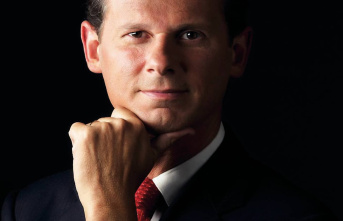Edem Awumey recounts the cotton route through a camera that is both fascinating and disturbing, because it touches on reality. The action begins in an African city, somewhere between the Atlantic coast and the Sahel.
A cotton planter, Toby Kunta, takes a Berlin journalist hostage in a museum showroom. He is asking for substantial compensation for himself and for a group of peasants ruined by the production of transgenic cotton.
“I wanted to write about cotton and about this injustice that continues to be done to peasants, not only in Africa and Asia. Even in Europe, even in Canada where we are, every day, peasants demonstrate because we do not buy their products at the right price”, comments this writer with a powerful, magnificent and sincere pen.
“There are people who will block train tracks to be heard. And still, these people feed the world, in the sense that their fate is, for many, really unfair.
The injustices
Edem Awumey also observed that many injustices go through time, through centuries.
“My goal was not necessarily to talk about historical slavery. From time to time, Winnie and Samuel Brown can be found in this story. It is that there is a historical slavery that echoes something dramatic that we are also experiencing in the present. We talk a lot about child slavery. As we speak, there are kids toiling in spinning mills somewhere in Asia, in Bangladesh or elsewhere so that we wear nice clothes here.
All these ideas were the basis of the construction of the novel, but Edem Awumey also wanted to have a thought for his grandparents in Togo.
"It's a relationship between the childhood that I was able to experience as a child, during my holidays, in the fields with my grandparents, over there in Togo, and the reality today."
“It is a questioning about these people of the Earth who, even if they did not have much and if they do not have much, well, know how to be satisfied with little. It is a questioning of the firms which, even if I do not name them in the novel, come to make big promises to these people.
1












